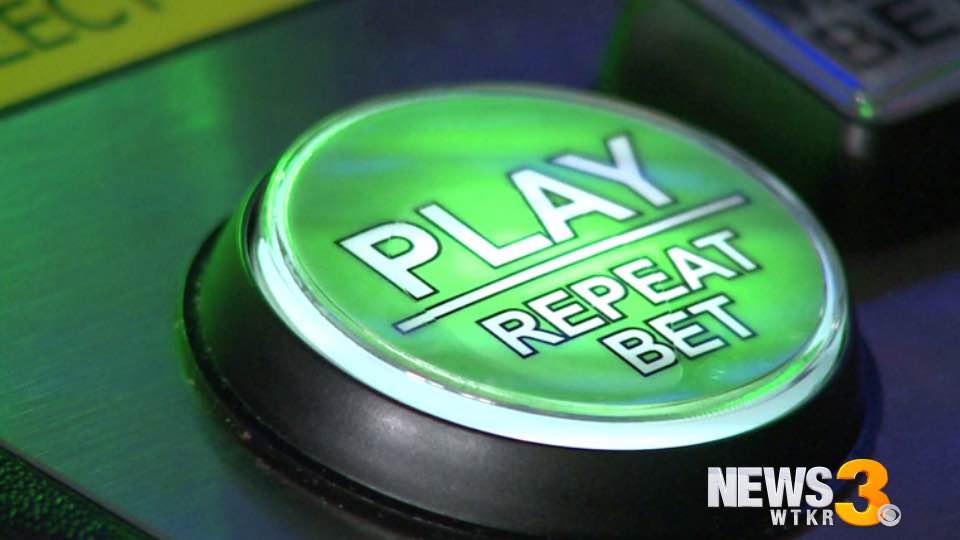WASHINGTON, D.C. - A new report from the United States Government Accountability Office is recommending that the military screen its members for gambling disorder addiction.
The government watchdog agency released its report on January 31st, noting Department of Defense and Coast Guard "non-medical personnel do not have clear guidance addressing gambling disorder."
According to data from the Department of Defense, "less than 0.03 percent of the average number of service members in each year—were diagnosed with gambling disorder or were seen for problem gambling in fiscal years 2011 through 2015 in the Military Health System."
While the GAO report acknowledges that figure is low, it stated "without explicitly including gambling disorder in DoD and CG guidance on substance use, DoD and the CG may not being able to identify and provide appropriate treatment and counseling to DoD and CG service members afflicted by gambling disorder and mitigate or prevent individual readiness issues."
The GAO report makes eight recommendations, including that the Department of Defense incorporate gambling disorder questions in a systematic screening process.
In its response, the Department of Defense concurred with recommendations about updating guidance, but did not agree with incorporating questions into a screening process.
"There is no evidence to suggest that gambling disorder is a high prevalence disorder in the DoD, and it is impractical to screen for every low prevalence disorder," the Department of Defense wrote in comments to the GAO recommendations.
It goes on to say that there are multiple mental health disorders with similar or higher prevalence such as Bipolar Disorder and Obsessive Compulsive Disorder, which are not routinely screened.
Keith Whyte is the Executive Director of the National Council on Problem Gambling, a non-profit that is neutral on legalized gambling.
"We are neither for nor against, we just want to help people who may have a problem," Whyte told News 3's Todd Corillo Tuesday.
Whyte says the NCPG has been advocating for better screening in the military for the past decade.
"The military surveys of behavioral health used to include gambling addiction questions and those questions were returning rates of up to 5% of active duty troops who were meeting criteria for a gambling problem," he stated.
According to the NCPG, the rate of military members impacted is low now because it is based only on those who seek treatment and not on a general screening.
The NCPG argues that because the military generates revenue from Department of Defense run slot machines overseas, they have a greater obligation to screen service members.
"If you are providing, promoting and profiting from slot machines at overseas bases, you’ve got a higher ethical and economical obligation to take care of the health of your service members," Whyte argues.
Data in the Government Accountability Office report shows that the Department of Defense generated $538.9 million in revenue from DoD run slot machines on military installations overseas in fiscal years 2011 through 2015.
You can read the entire report from the GAO here:
DOD and the Coast Guard Need to Screen for Gambling Disorder Addiction and Update Guidance




